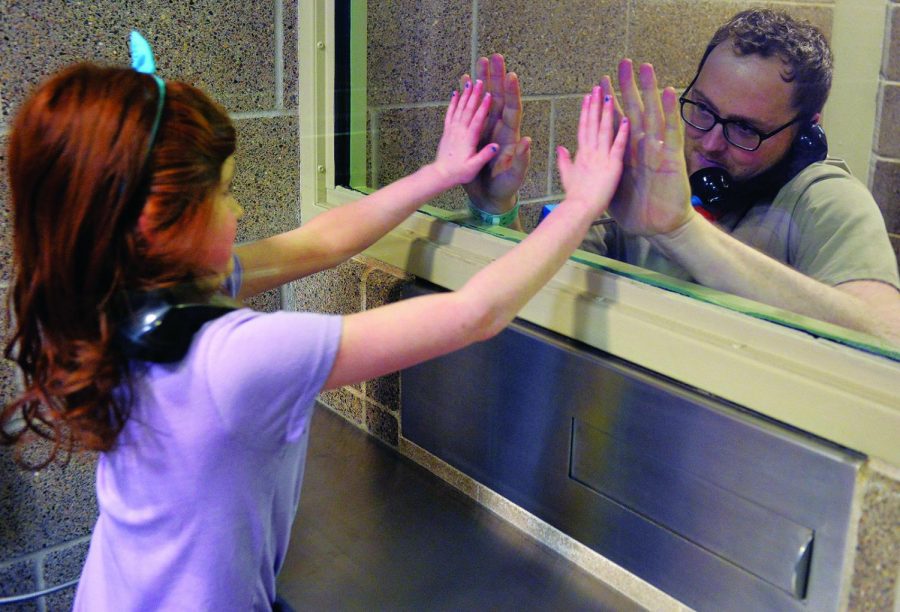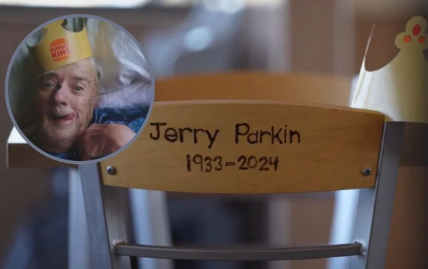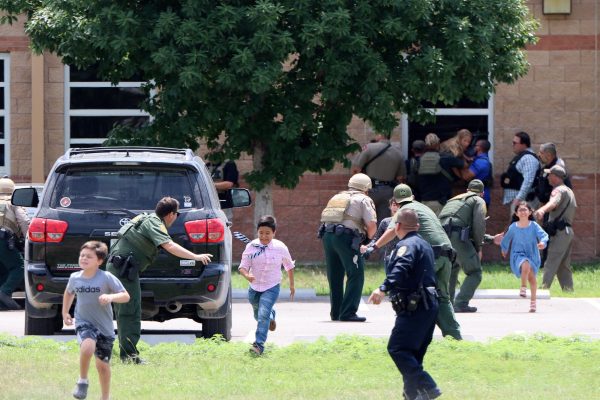Students impacted by incarcerated parents
In 2015 there were about 1.53 million people in a federal prison in the United States. When adults are incarcerated, some of them leave children behind. In 2015 more than 50% of the people in prison left children under the age of 18–leaving about 2.7 million children with a parent incarcerated. Overall, 7 percent of all U.S. children have had a parent incarcerated at some point in their lives according to prison fellowship.org.
Having an incarcerated parent impacts children in many ways. One effect is that it often leaves the family with financial problems. Scientists did a study in 2003 and found that one quarter of inmates had a child support case against them. That means that at least 400,000 prisoners were past-due or negligent on their child support payments according to the National Conference of State Legislatures.
Also, a study revealed that a quarter of children with mothers in prison did not even know that their mothers were in jail. Experts say that it is unhealthy for children to not be told the truth. In these cases, children were sometimes told the mothers were traveling, enrolled in school, or having health problems.
There are also numerous impacts on children’s’ mental health. These impacts are different based on the child’s age at the time the parent was in jail. Children between the ages of 2-6 can feel separation anxiety, traumatic stress, and even survivor’s guilt (Travis). Children between the ages of 7-10 may experience developmental regressions, poor self-concept, acute traumatic stress reactions, and impaired ability to overcome future trauma. Children from ages 11-14 may experience rejection on limits of behavior. This can mean they get in trouble at school and have difficulty following rules. Children from the ages of 15-18 may experience a “premature termination of dependency relationship with parent,” which means that they will become independent at a young age and no longer rely on their parent for help.
Lastly, having an incarcerated parent may lead them to crime and incarceration as adults. According to a study conducted by Central Connecticut State University, children of the incarcerated are about three times as likely as other children to be justice-involved (Conway).
I interviewed five eighth grade students at MMS who have one parent incarcerated. Many of them reported things that line up with the research. Two reported that their family had financial problems as a result. Also, two said their grades and schoolwork suffered. All six that they feel like they had to become more independent than their typical peers.
Most students choose to keep the fact that a parent is in jail to themselves. Four of the students said that they don’t really talk it about it to people or tell people that they have a parent in jail. One student added that he tells his friends but doesn’t like when his teachers know.
For four of the students, they felt that having a parent in jail has influenced their opinion of the police–making them fearful or less trusting.
For all six students, visitation was limited. Four said they never visited at all–either because they didn’t want to or because their parent didn’t have visitation rights. The other two said that they were only able to visit once every few months.
One student said that after her parent went to jail she “wasn’t as happy as she usually was” and she “didn’t have the father figure” that she felt like she needed at the time.
Even students in MMS face emotional or physical struggles when facing the issue of having one or more parent incarcerated, no matter what age.












